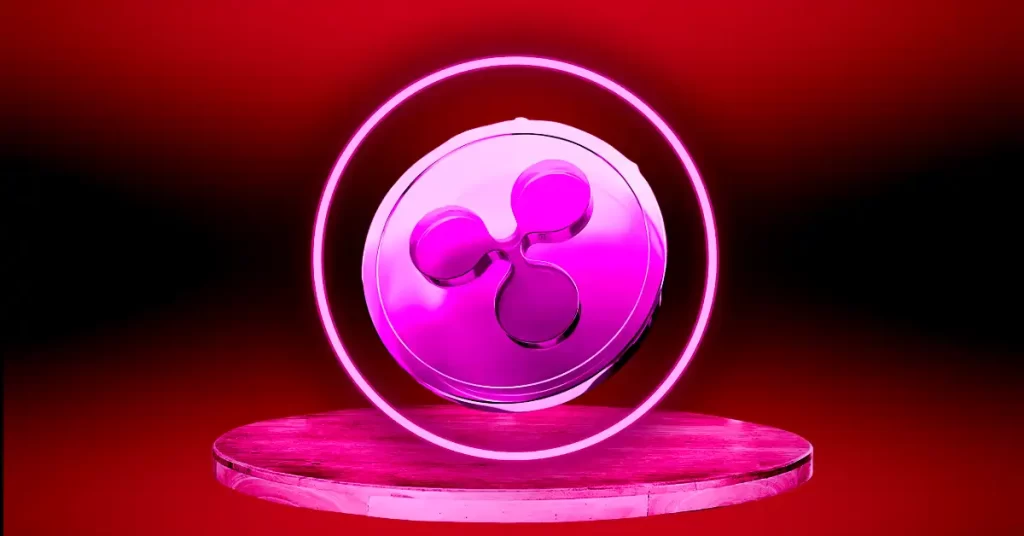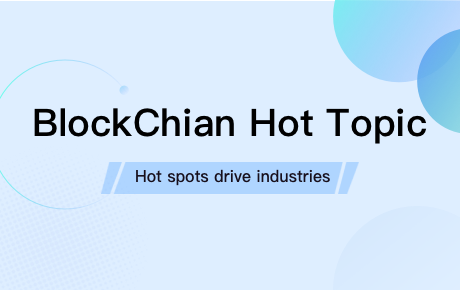Crypto

Ripple
XRP
Ripple
Ripple
2.1509
1.18%
≈2.1512
Circulating Supply / Total Supply
58338141684/99986253154
58.3%
Trading Volume / 24H%
2808469867.947010
1.18%
#4
24H Turnover Rate
2.25%



XRP is the native token of the XRP ledger, which aims to replace Bitcoin and build a trust-free, instant and cheap cross-border payment network. Like Bitcoin, XRP relies on a public ledger called the XRP Ledger to store transaction details.
Unlike Bitcoin and its proof-of-work consensus protocol, the XRP ledger utilizes a consensus mechanism based on the Federal Byzantine Protocol (FBA) model. The XRP ledger maintains a consensus and transaction ledger through trusted validation nodes in recorded time, approximately every 3 to 5 seconds. These trusted nodes are collectively called Unique Node lists.
The payment network on XRP's ledger does not use mining to verify and record new transactions, so its native token XRP was pre-issued at an early stage of its development. A total of 100 billion XRPS were pre-issued and rolled out in 2013. Today, more than 46 billion XRP supplies are in circulation. In addition to XRP, XRP can also be traded with other currencies in the Ripple ecosystem. XRP acts as a "bridge" between hard-to-match fiat currencies. If there are no market makers on the network willing to swap dollars for pounds, for example, people can sell the former to XRP and use it to buy the latter.
XRP is also used to provide On-demand Liquidity (ODL) for Ripple's flagship RippleNet service, a global payment network of financial institutions that was originally three separate products until 2019: XCurrent (real-time settlement solution), xRapid (liquidity solution), and xVia (Payment API).
ODL is simply the process of converting a legal tender, such as US dollars, into XRP tokens, and then sending those tokens to a receiving account, which then converts XRP into their local legal tender, such as Philippine pesos. Unlike fiat money, which can take days to send, XRP transactions typically take about three seconds. This not only speeds things up a lot, but also reduces any rate slippage.
XRP ledger can complete payments in 5 seconds and process more than 1,500 transactions per second, according to Ripple's XRP document. A small number of XRP approximately 10drops (a unit of XRP) worth 0.00001 XRP are destroyed to cover transaction costs. Transaction fees are designed to increase as network load increases to discourage use of the network during busy periods. All XRP transactions are executed and settled on the books.
September 29, 2021
Ripple has announced the launch of a $250 million Creator Fund to spur the development of projects on XRP Ledger (XRPL) related to NFT authoring, building an NFT marketplace, and more. The fund will also provide technical, promotional and partner support for developers and users, including Mintable, mintNFT and VSA Partners.
March 19, 2019
Digitec Galaxus, Switzerland's largest online retailer, has started accepting payments in 10 cryptocurrencies, including XRP.
In January 2018
XRP says it will be used by the three largest remittance companies in 2018.
In December 2017
Ripple's block chain consensus platform has been successfully tested in Japan.
In October 2017
The Gates Foundation announced the release of Mojaloop, open-source software based on Ripple technology.
In July 2017
The Bank of England tests the Ripple cross-border payment protocol.
In June 2017
Ripple could unleash billions of dollars around the world and ultimately change traditional settlement systems.
In May 2017
XRP has overtaken Ethereum for the first time, officially overtaking ethereum as the world's second largest cryptocurrency with a total market capitalization of $8.5 billion.
In March 2017
Forty-seven Japanese banks completed a pilot fund transfer using Ripple technology.
In February 2017
ABU Dhabi has partnered with Ripple to launch cross-border payments services.
In October 2016
XRP and R3 cross-border payment experiment achieved a breakthrough.
In September 2016
Raised $55 million in Series B funding. Meanwhile, Bank of America, Banco Santander and Royal Bank of Canada have announced that they are joining forces to create a global blockchain payments network using distributed ledger technology from digital payments company Ripple.
In October 2015
Ripple releases reference implementation of open source ILP; Microsoft Azure cloud platform uses Ripple and ILP.
In September 2015
Ripple has received a $4 million strategic investment from Santander Bank.
In May 2015
The Euro Banking Association conference was the only digital currency to designate XRP as a financial currency. Meanwhile, Ripple raised $28 million in Series A funding.
In 2014,
Ripple White Paper issued; Fedor Bank in Germany, CBW Bank in the United States and Transriver Bank in the United States have announced that they will connect to Ripple for point-to-point financial communication. XRP began trading in April.
In March 2013
XRP is introduced as the base currency of Ripple network, and a new version of Ripple network is introduced into the Gateway system.
April 18, 2011
XRP launch date.
In 2004,
RipplePay was founded by Ryan Fugger with the idea of creating a peer-to-peer payment network that could replace the banking system.




